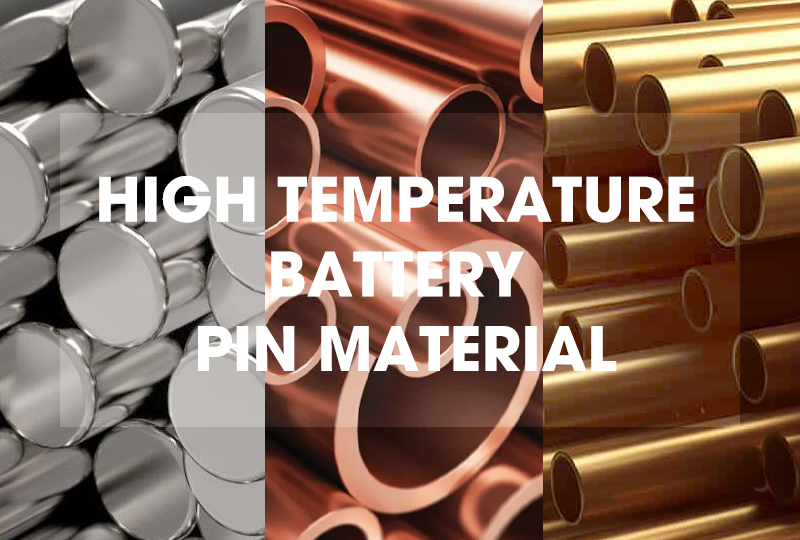What are the limitations or challenges associated with MWD technology?...
Read MoreWhat material is generally used for high temperature battery pins?
High-temperature battery pins are typically made of materials that can withstand extreme temperatures and harsh environmental conditions while maintaining reliable electrical contact. The specific material used for high-temperature battery pins depends on the requirements of the application and the level of temperature and vibration the pins must withstand.
Some of the materials commonly used for high-temperature battery pins include:
Kovar: Kovar is a nickel-iron-cobalt alloy that has a low coefficient of thermal expansion and excellent dimensional stability at high temperatures. Kovar is commonly used in high-temperature battery pins because it can withstand temperatures up to 450°C.
Inconel: Inconel is a family of nickel-chromium-based alloys that are resistant to high temperatures, corrosion, and oxidation. Inconel is commonly used in high-temperature battery pins because it can withstand temperatures up to 600°C.

Copper: Copper is a highly conductive material that is commonly used in high-temperature applications. Copper is often used in high-temperature battery pins because it can withstand temperatures up to 400°C.
Brass: Brass is a copper-zinc alloy that is often used in high-temperature applications because it has good thermal conductivity and can withstand temperatures up to 350°C.
The chosen material must provide reliable electrical contact while maintaining its mechanical and electrical properties at high temperatures.
Extend Knownledges
What are the limitations or challenges associated with MWD technology?
What are the limitations or challenges associated with MWD technology?...
Read MoreAre there any limitations or considerations for using an autoclave?
Are there any limitations or considerations for using an autoclave?...
Read MoreWhat temperature and pressure are typically used in an autoclave?
What temperature and pressure are typically used in an autoclave?...
Read More